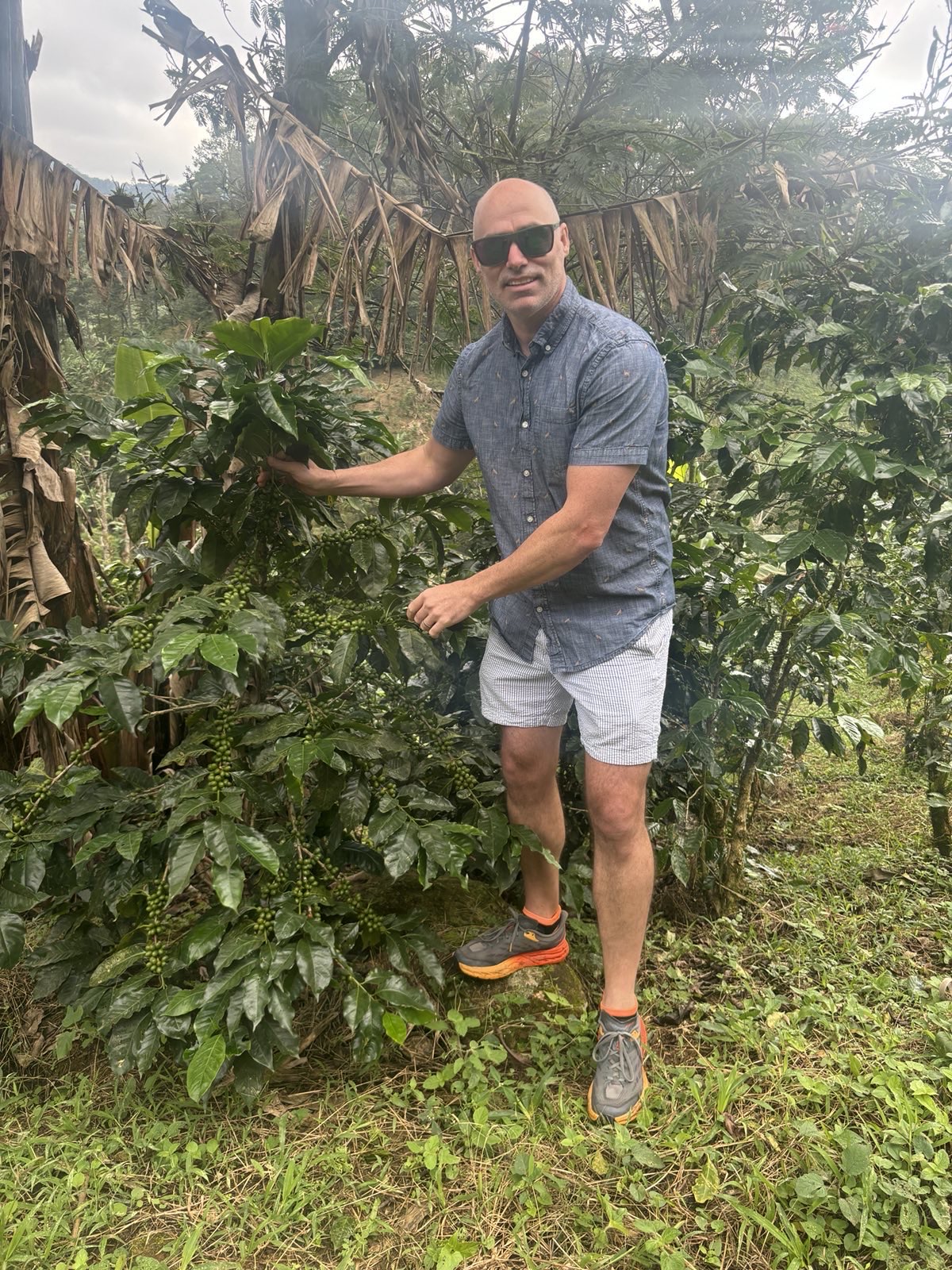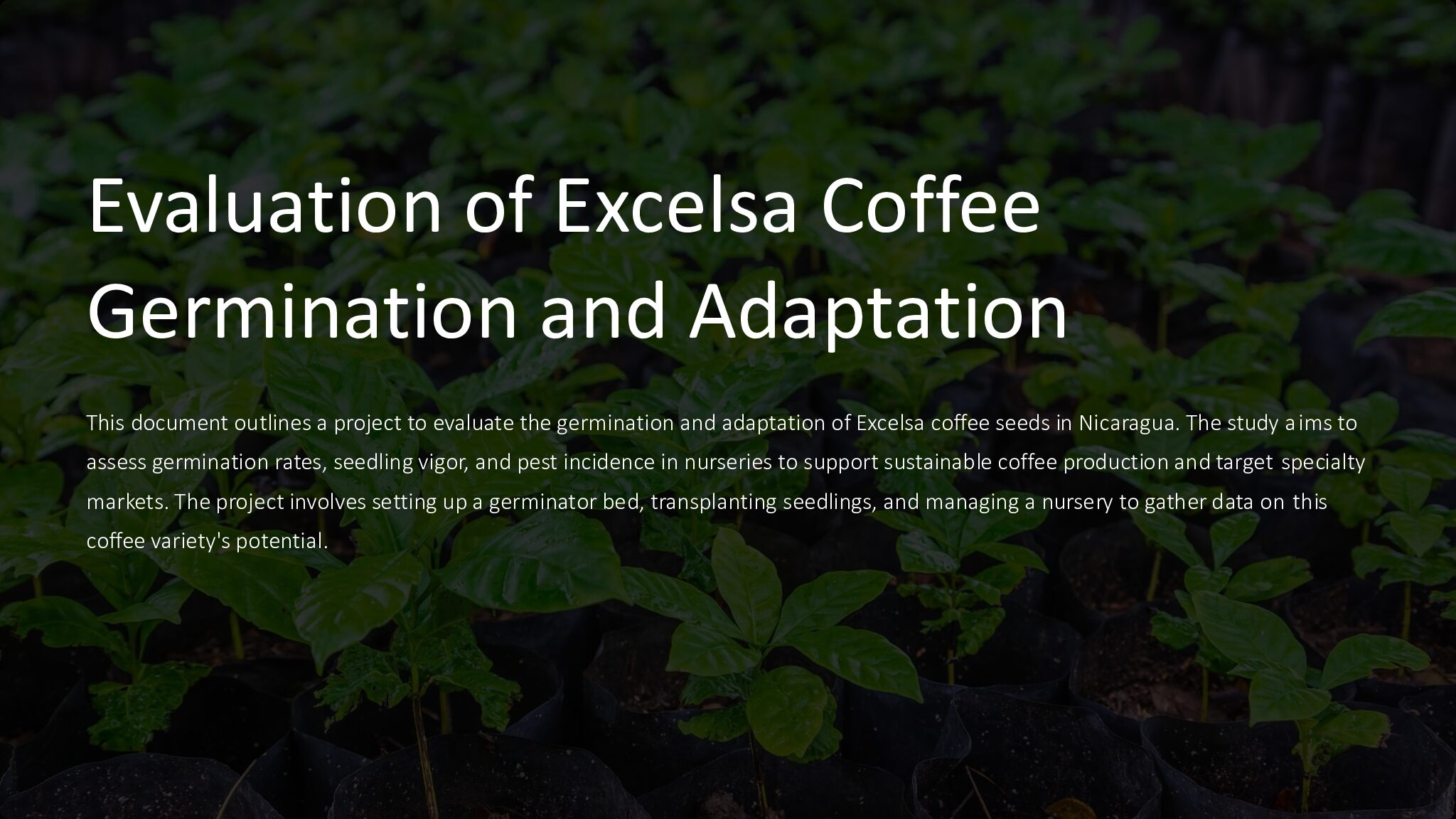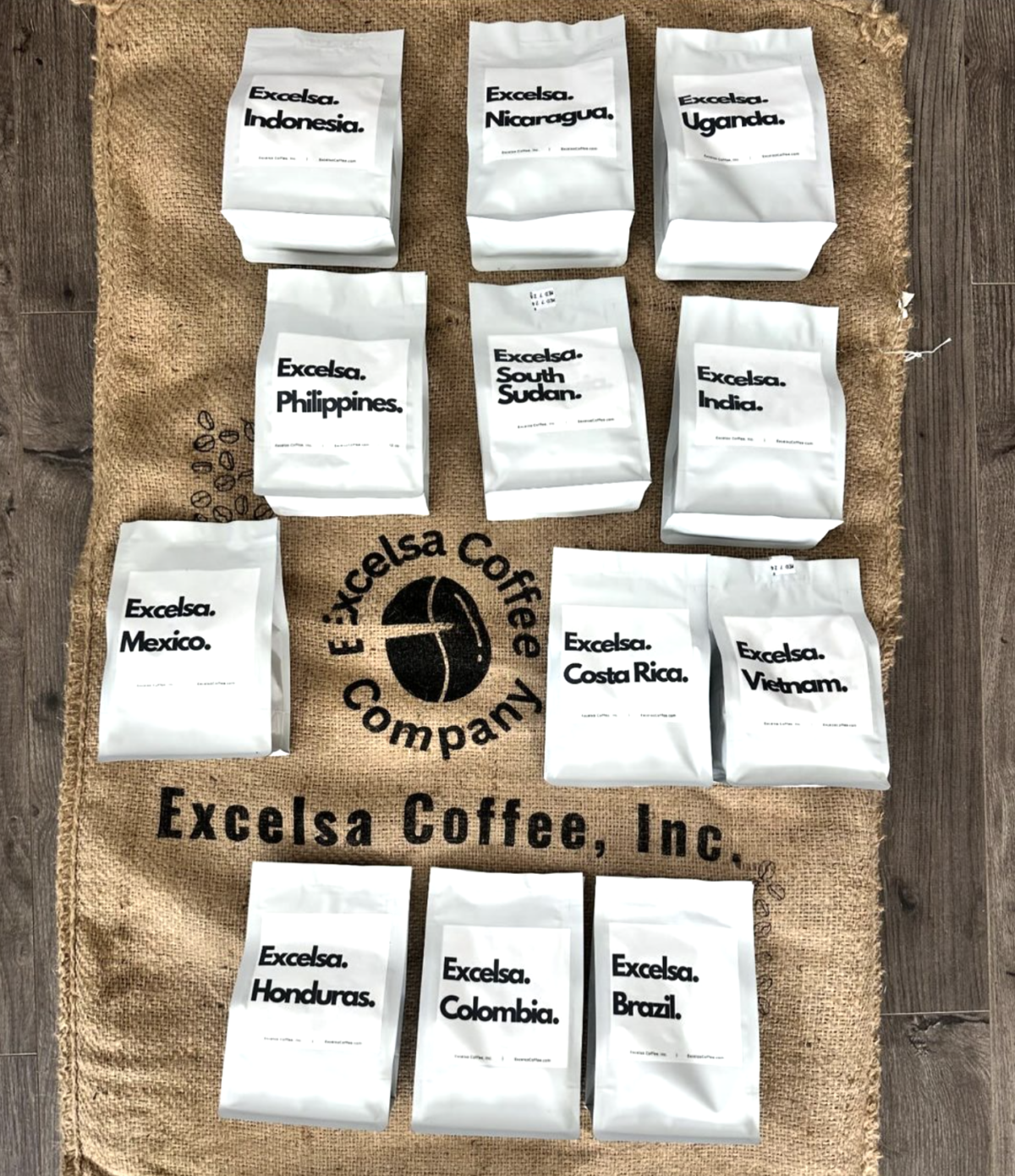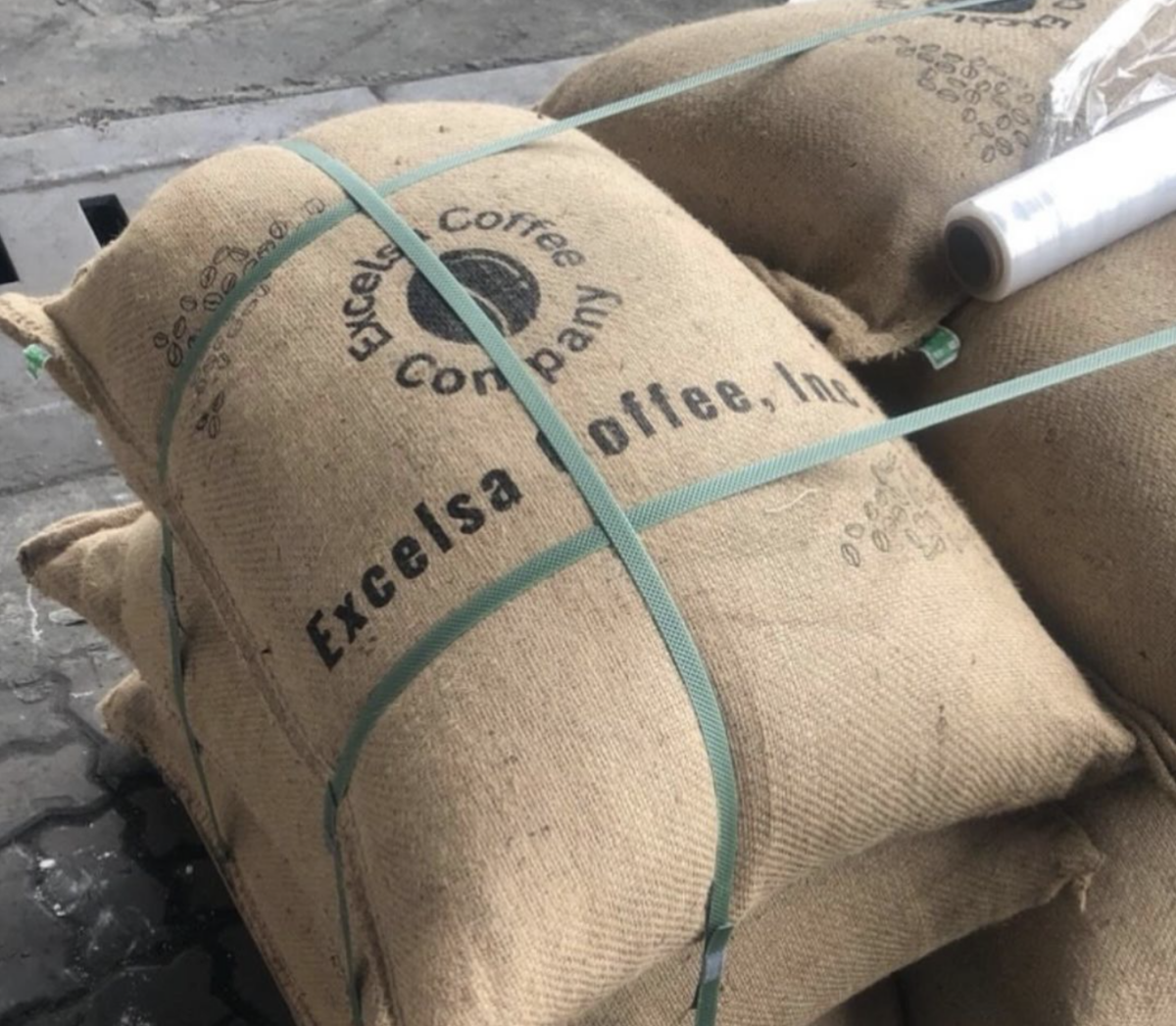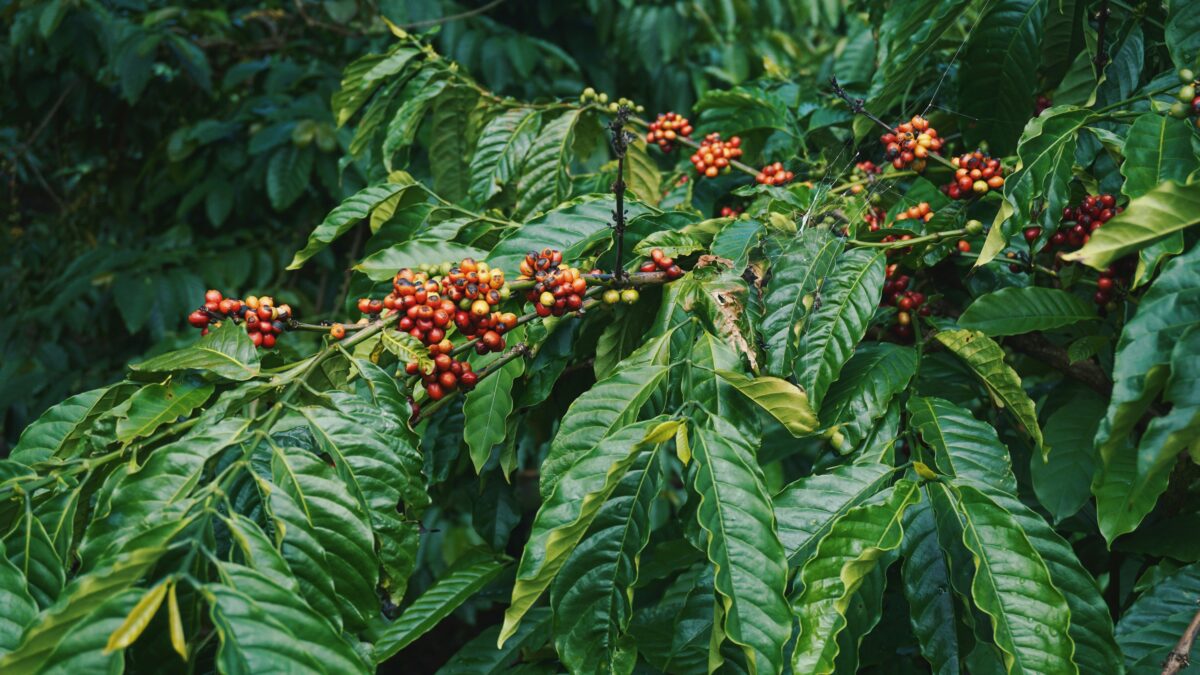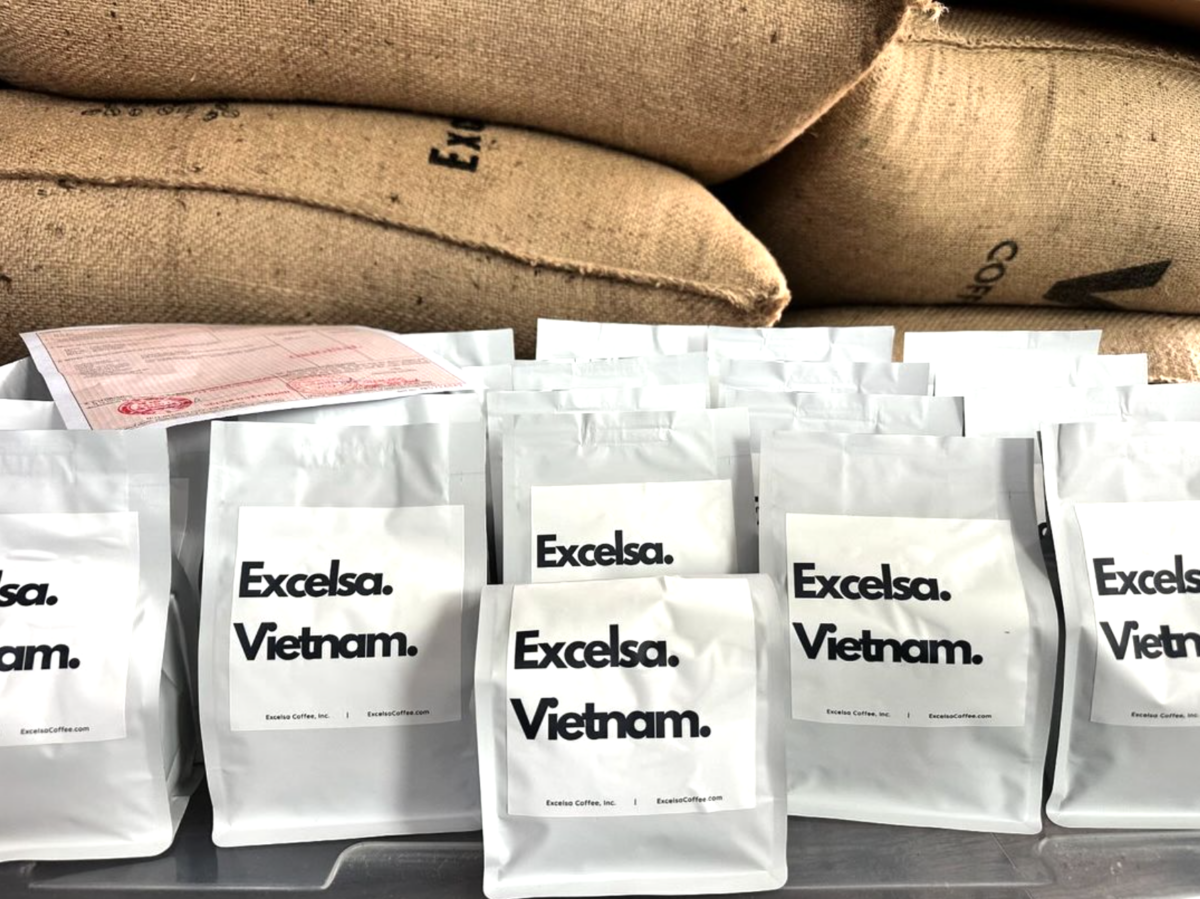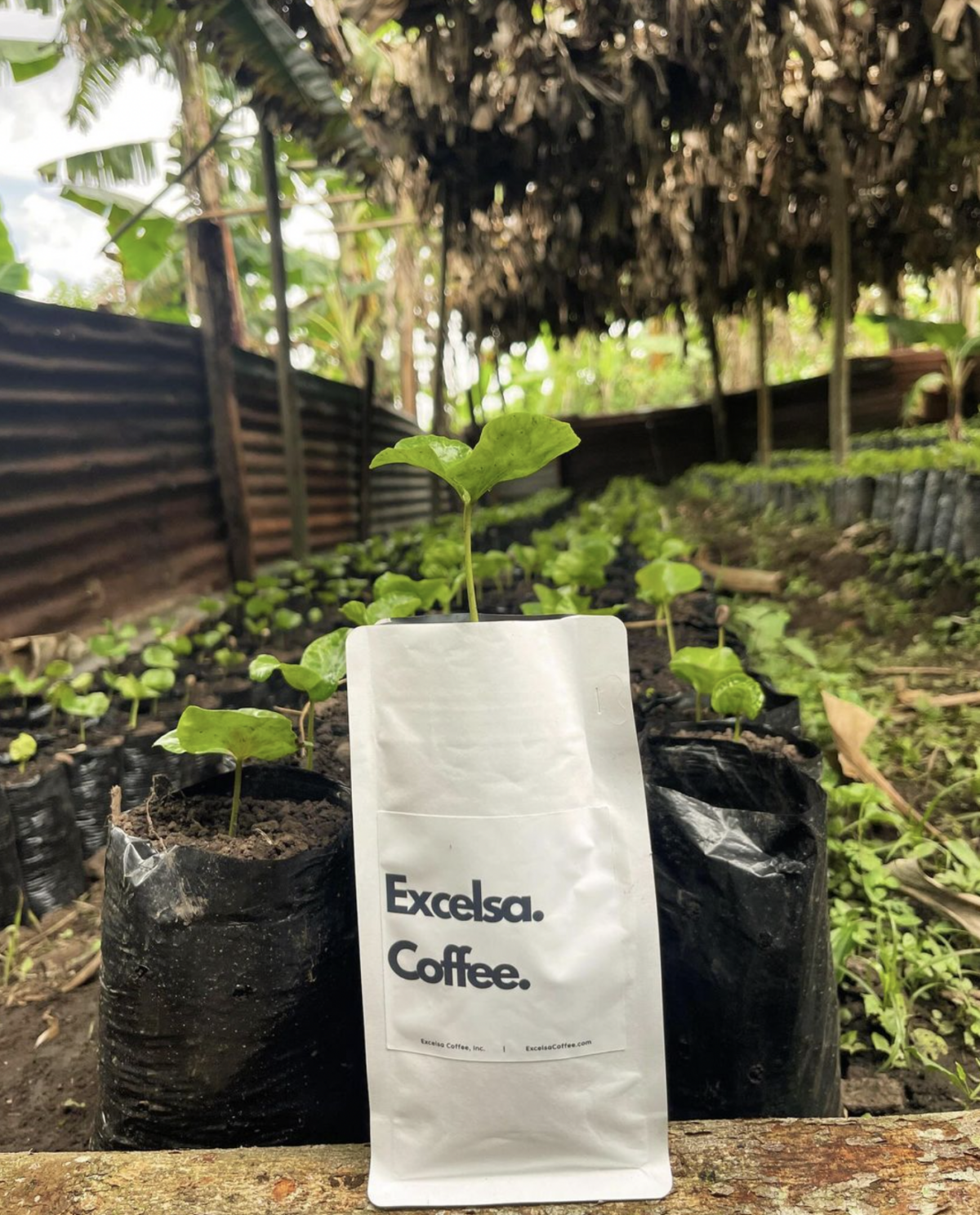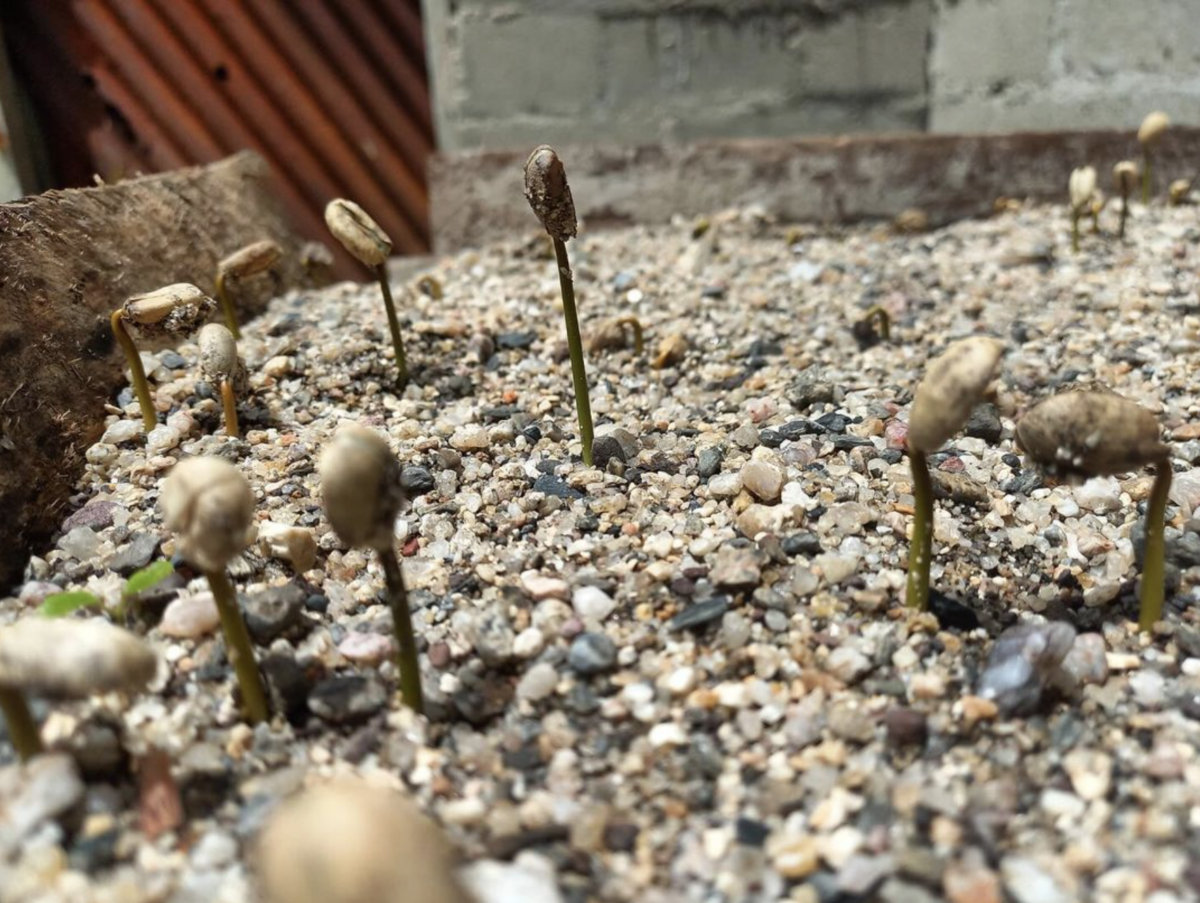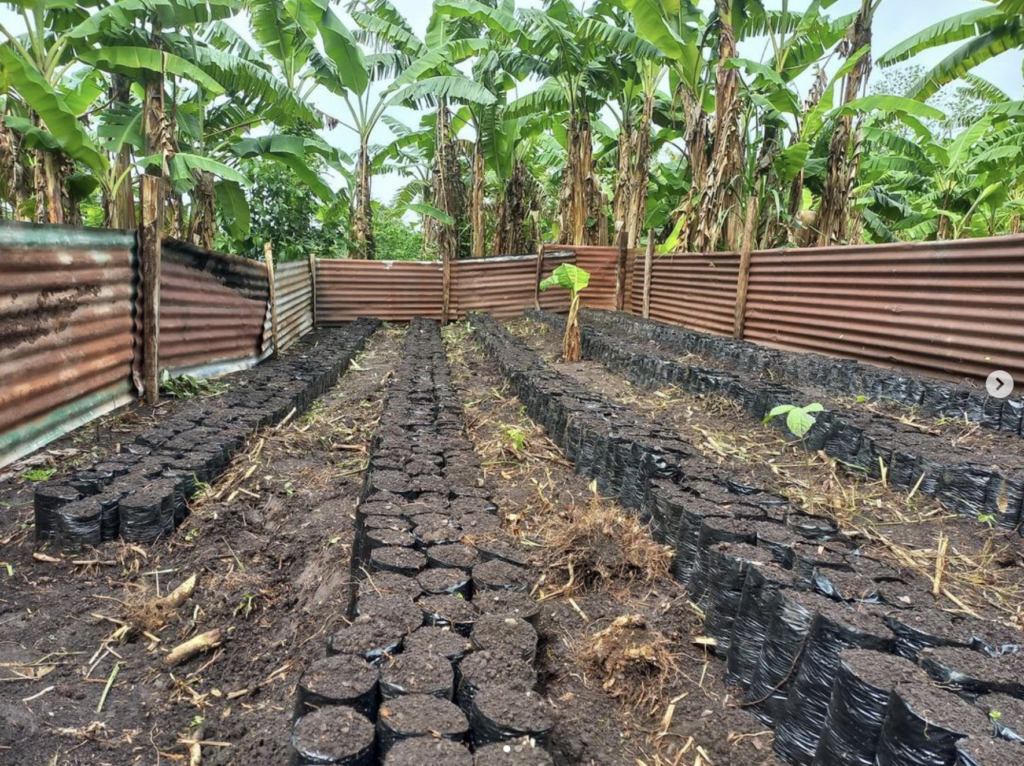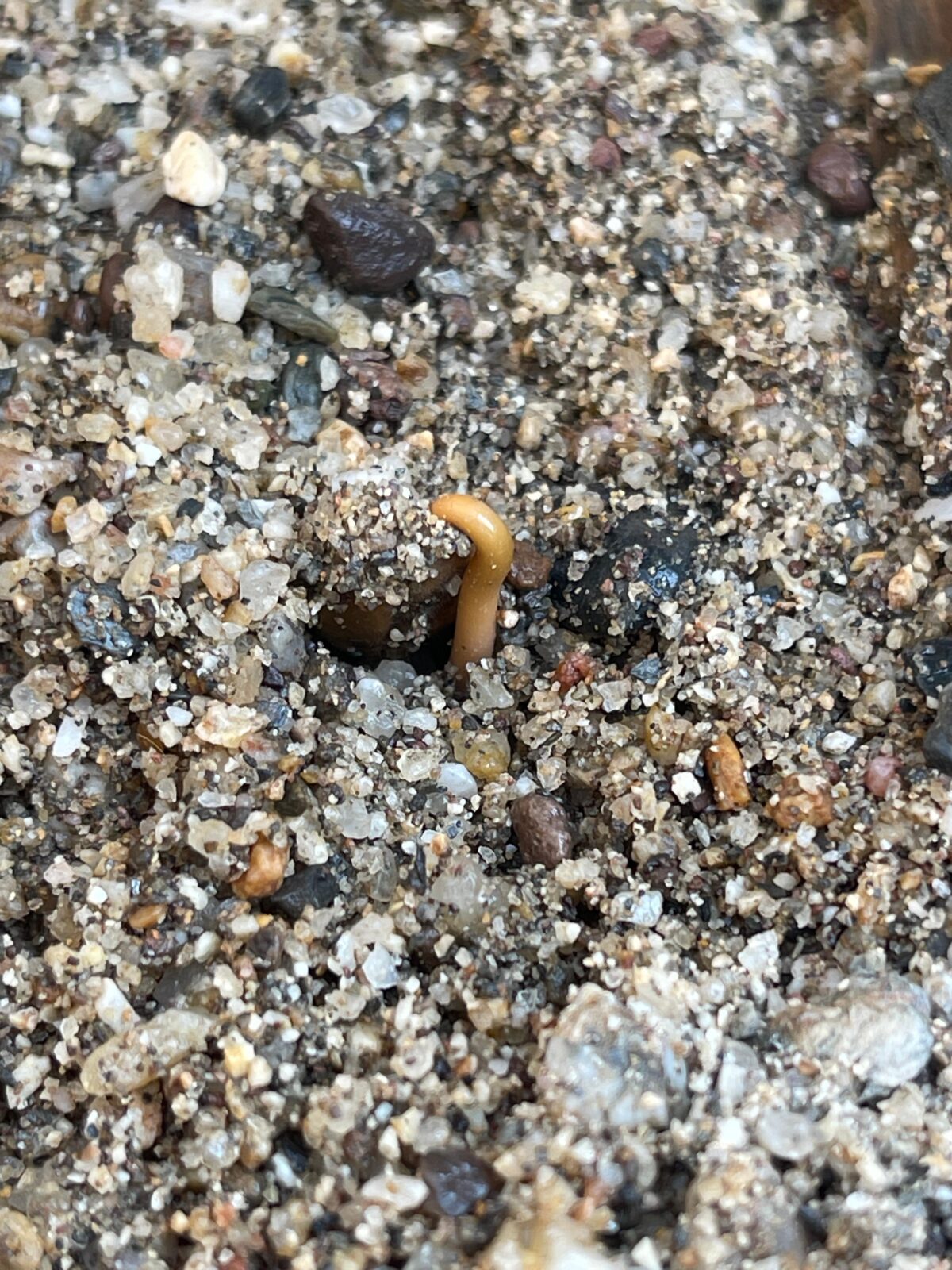Olin Patterson: A Journey of Impact, Innovation, and Purpose
In Henry Miller’s Tropic of Capricorn, there’s a scene where Henry, weary of selling encyclopedias door to door, finally snaps. Frustrated, he tosses his entire stock into the trash, embracing uncertainty rather than continuing a passionless pursuit. I’ve always resonated with that moment—especially in my younger years, before a wife and family. If a challenge wasn’t significant enough, if a mission didn’t ignite my passion, I would rather live out of my car, climbing or skiing, until I found something truly worthy of my time and energy.
This approach hasn’t always been smooth—it’s been filled with failures, hard lessons, and countless moments of uncertainty. Early in my career, I was determined to tackle meaningful problems, but I lacked experience, resources, and at times, the humility to navigate the obstacles ahead. Yet, through perseverance, I learned, adapted, and refined my vision.
The first major challenge I dedicated myself to was global drowning prevention. After college, I took a year to soul-search—biking across the country and working on a PBS series about life’s purpose—before setting my sights on an issue close to my heart. As a former ocean lifeguard, I had seen how drowning rates in developing countries were devastatingly high. I envisioned a world where safer beaches could drive economic growth and protect lives. This led me to co-found the International Surf Lifesaving Association (ISLA), an organization committed to eradicating global drowning. Over the next decade, ISLA expanded lifeguard training programs and rescue networks to more than 60 countries, creating a global movement for water safety.
Then, the Syrian refugee crisis hit, and reports of mass drownings along the Turkish and Greek coasts compelled me to take action. I pivoted ISLA’s efforts toward emergency rescue operations, leading an international team in an intense, high-risk year of lifesaving. We faced legal battles, operated in extreme conditions, and relied on global donations to fund our work. By the end of that year, our teams had rescued over 2,000 people. It was then that I knew ISLA had outgrown me—it was strong enough to continue its mission without my direct leadership. It was time for my next endeavor.
My focus then shifted to another crisis: plastic pollution. After years of traveling to remote beaches, I was horrified by the plastic waste contaminating even the most pristine shorelines. Determined to tackle the issue, I founded BioHeroes, a company that sought to eliminate plastic waste through compostable alternatives. We invested in cutting-edge polymer technology, working with materials like avocado pits, agave leaves, and bamboo to develop sustainable packaging solutions. Major fast-food chains took interest, and we were on the brink of transforming the industry. But then, COVID struck. Supply chain disruptions, factory shutdowns in Wuhan, and a shifting global focus crushed our momentum. And as I dug deeper into the science, I realized many so-called biodegradable plastics contained harmful chemicals—PFAS, fluorides—undermining their environmental benefits. The mission was noble, but the technology wasn’t ready. I had to pivot once again.
That led me into the world of clean-label products and regenerative agriculture. I began sourcing and distributing products that aligned with my values—avocado oil, grains, produce, and supplements—exploring ways to support biodiversity, carbon sequestration, and sustainable farming practices. And that’s when with my business partner, I learned about Excelsa coffee.
Excelsa coffee represented everything I had been searching for: a resilient, non-GMO, bitter-free, lower-caffeine coffee that supported both human health and the environment. But more than just a great product, it held the potential to revolutionize the coffee industry. The traditional coffee supply chain was fragile, dominated by monoculture farming practices that threatened biodiversity. Excelsa could change that. Its ability to grow in drier climates and its potential to pioneer regenerative agriculture meant it wasn’t just another coffee—it was a movement.
Now, my mission is clear: to bring Excelsa coffee to the world, not just as a product, but as a force for good. We are investing in farms, developing regenerative techniques, optimizing supply chains, and creating a market for Excelsa that benefits both consumers and farmers. We aren’t just selling coffee; we are reshaping an industry.
Throughout my journey—from saving lives in the ocean to fighting plastic pollution to redefining coffee—one thing has remained constant: my desire to create meaningful impact. My work is an expression of gratitude for the beauty and ephemerality of life. It’s about serving others, empowering teams, and tackling the challenges that truly matter. With Excelsa, I believe we are at the forefront of something extraordinary—something that will improve lives, restore ecosystems, and leave a lasting legacy.


